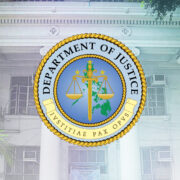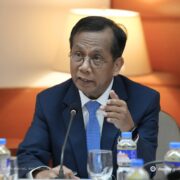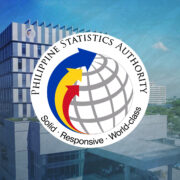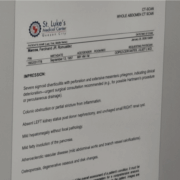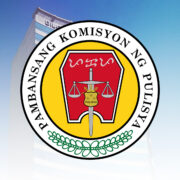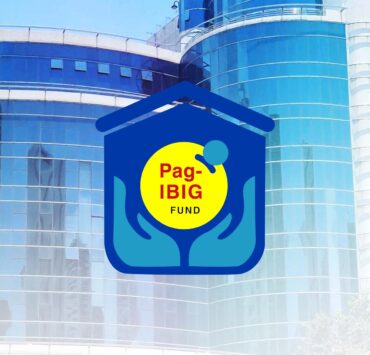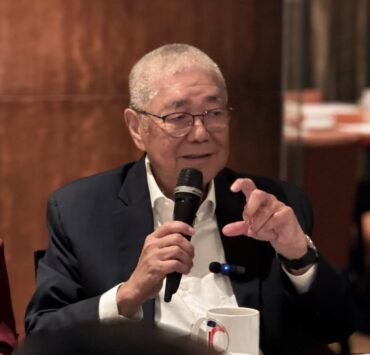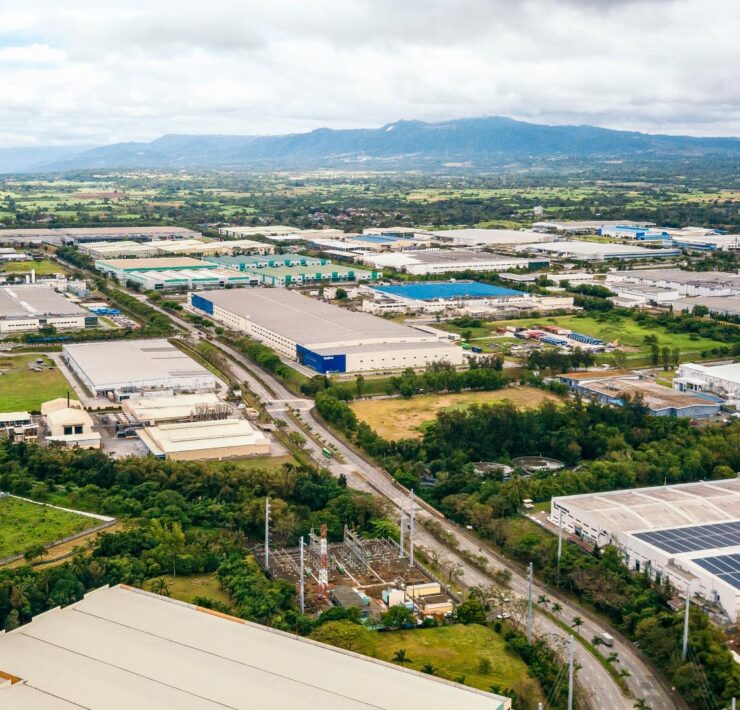Big business groups cheer passage of ‘Konektadong Pinoy’
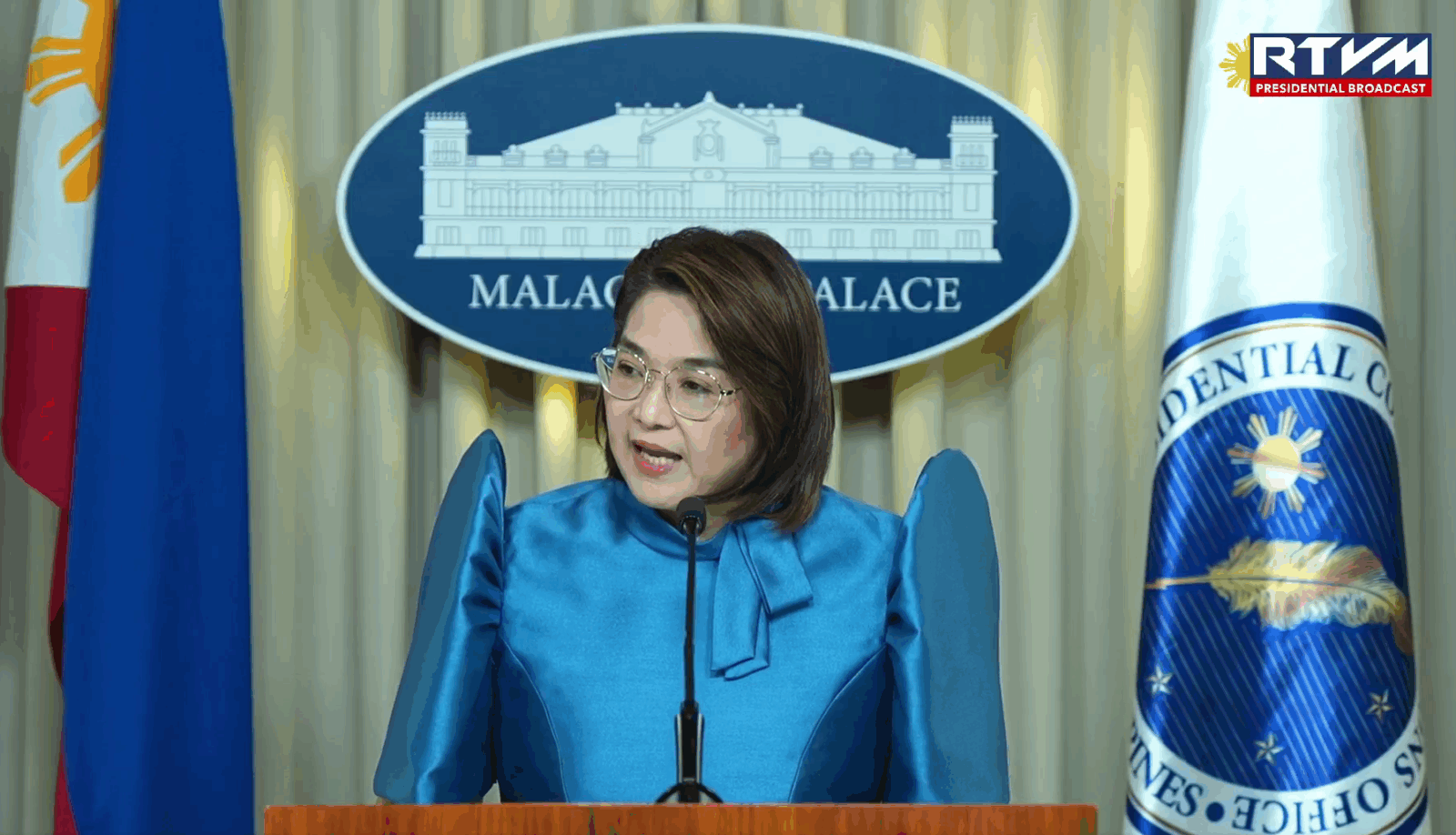
The Joint Foreign Chambers, EU-Asean Business Council, IT and Business Process Association of the Philippines and US-Asean Business Council lauded the passage of the “Konektadong Pinoy” Act, which lapsed into law on Aug. 24.
Also known as the Open Access in Data Transmission Act, it allows the entry of new internet service providers in the country, who no longer need to first secure a legislative franchise.
According to these groups, the law’s success will depend on the passage of implementing rules and regulations that will unlock the country’s digital transformation.
‘Landmark achievement’
“This approach will ensure that businesses are able to innovate and scale globally, allowing the Philippines to fully harness the digital economy’s potential,” they said in a statement on Tuesday.
They said that the “landmark achievement” will significantly improve internet access and boost the economic competitiveness of the Philippines, as well as strengthen its digital ecosystem as the Asean develops its regional Digital Economy Framework Agreement (Defa).
The Defa is a region-wide blueprint for boosting trade growth, enhancing interoperability, creating a safe online environment and expanding the participation of micro, small and medium enterprises.
“We remain committed to supporting the Philippines’ digital transformation and look forward to the full and immediate implementation of this law,” the groups said.
Palace press officer Undersecretary Claire Castro told reporters in a message that the bill became a law without President Marcos’ signature, although the Official Gazette has yet to publish an official copy of the law.
The Konektadong Pinoy law aims to address roadblocks by streamlining the licensing process and promoting infrastructure sharing.
Although other industry participants are no longer required to obtain a congressional franchise, they should meet the criteria in constructing, operating, leasing or owning networks or facilities.
It calls on access providers to grant access to digital infrastructure and services on an open, fair, reasonable and nondiscriminatory basis.

